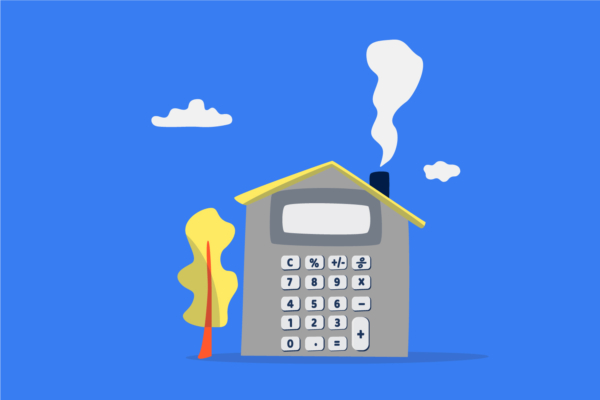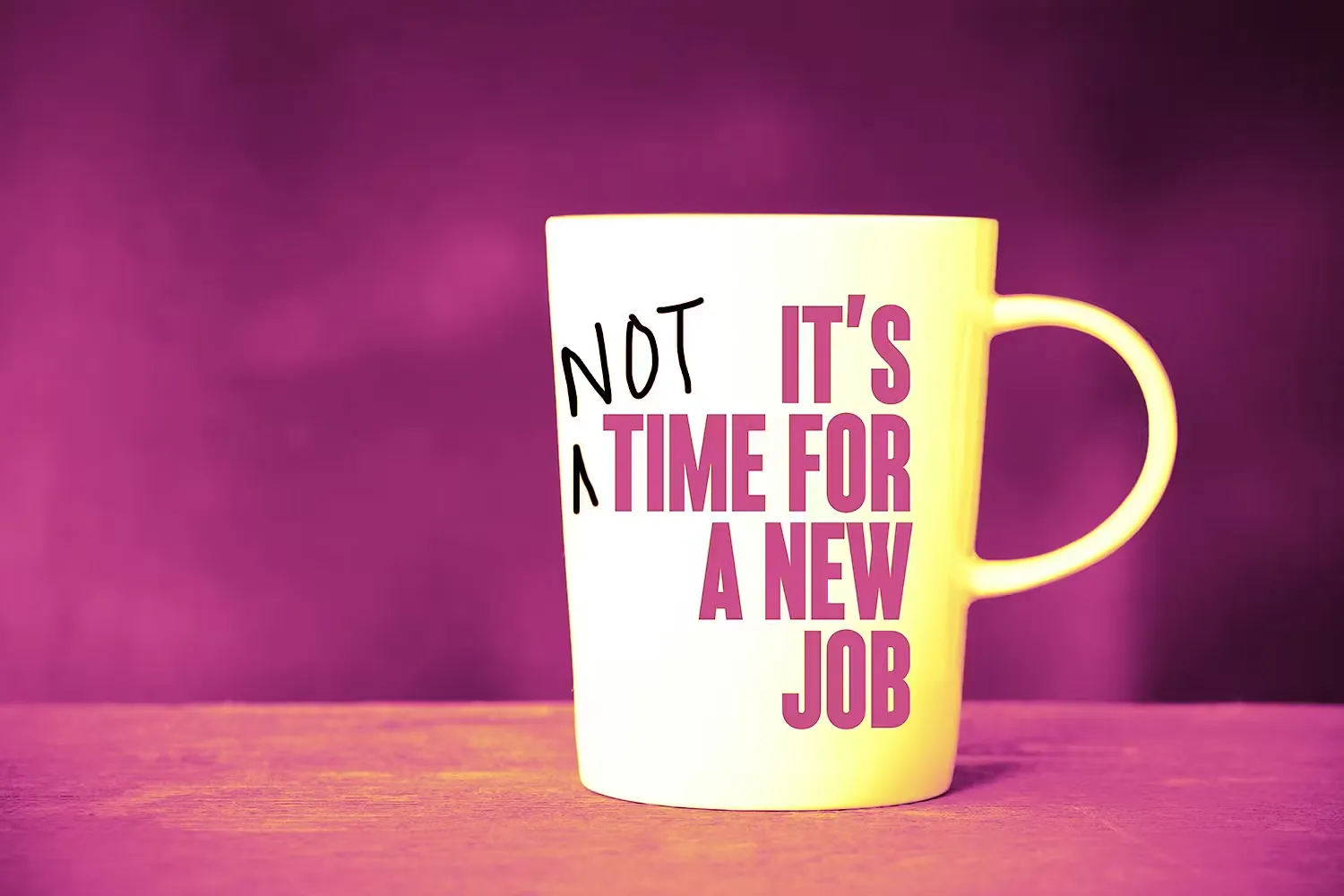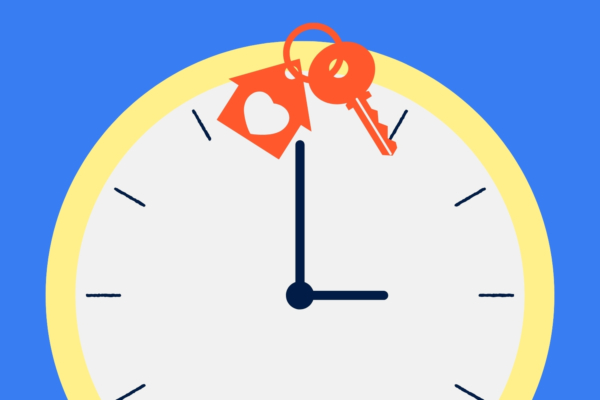
How to Fix Your Credit to Buy a House

So you’ve saved for a down payment, set your home buying budget, and have found your dream home— only to realize that your credit score isn’t where it needs to be to get a mortgage. It’s a problem that happens all too often and, luckily, it’s an issue that you can fix with a little diligence and financial know-how. In this article, we’ll break down what credit score you should be aiming for and what you can do to get your finances in shape for the homebuying process.
What is a good credit score to buy a house?
Before you set out to fix your credit score, it’s a good idea to know what number you should be aiming for.
Each of the three major credit bureaus all use their own special formula to calculate FICO scores. Here’s a breakdown of the scores that is commonly used:
- Poor: 300-579
- Fair: 580-669
- Good: 670-739
- Very good: 740-799
- Exceptional: 800-850
The exact credit score needed for mortgage approval will depend on your lender and the loan product that you are applying for. You can get approved for some government-backed loans, such as the FHA loan, with a score of only 580. Other conventional loans may have a minimum requirement as high as 640.
So if your credit score is on the lower end of the “fair” range, you may be able to qualify, provided that your income, debt-to-income ratio, and other factors are acceptable. A credit score that is in or above the “good” range should be able to qualify without any issues.
Focus on getting your credit score as high as possible.”
And remember, your credit score can differ depending on who is calculating it. FICO (Fair Isaac Corporation) scoring is a gold standard in many industries. But a FICO score can vary per loan product–an auto loan will use a different FICO scoring model than a mortgage, for instance. If you’re using a credit checking site like CreditKarma, be aware that the score reflected there is not necessarily the score that your lender is going to pull from your credit report.
Your best bet is to focus on getting your credit score as high as possible.
Other Benefits of Having a Good Credit Score
A very good credit score can get you more than just an easy mortgage approval. It can also help you get better loan terms. When a lender is confident that you will repay your loan on time, they may be able to extend a lower interest rate or accept a smaller down payment. So even if your score is already high enough to qualify for a loan, you can still benefit from taking the time to raise that number even higher.
Dos and Don’ts Before Buying a House
If you want to fix your credit to buy a house, make sure you follow these dos and don’ts.
1. DO pay your bills on time.
According to most credit reporting models, payment history is the largest factor in credit score calculations. This means it is of utmost importance to pay your bills on time leading up to your home purchase. Your credit report will show lenders:
- If you make payments on time
- How often you miss payments
- If you make late payments, how many days past due they are
Don’t give your lenders a reason to believe that you’ll skip out on your mortgage payments. Every late or missed payment negatively affects your score, so do what you can to prevent this from happening. If you haven’t already, automate all of your bills including your car payment, student loans, and utilities to prevent accidental slip-ups.
2. DON’T take out another large loan.
The second-largest factor in your credit score calculation is current loan and credit card debt. Don’t add to your debt by taking out another large loan like an auto or student loan before you apply for a home mortgage.
Taking out a large loan will affect your debt-to-income ratio, which is another major factor that lenders look at when approving mortgages. Ideally, your total monthly debt payments, including your mortgage, will be no more than 36% of your monthly income.
3. DO pay down other debts.
Instead of taking on more debt, focus your efforts on paying down any existing balances. Paying off debt before you purchase a house will lower your debt-to-income ratio and free up more money that you can put towards paying off your house.
4. DON’T open a new credit card.
We’ve already covered how it’s not good to take on more debt before buying a house. But it’s also a bad idea to apply for any type of credit— even if you don’t plan on racking up debt on the card.
This is because credit card companies do something called a “hard inquiry” on your credit report when you apply for a new line of credit. Every hard inquiry knocks a few points off of your credit score, so you can get docked just for applying.
5. DO check your credit report for mistakes.
Did you know that nearly 1 in 5 people have an error on their credit report? Those errors can be costly, too, and make you lose out on valuable credit score points. Be sure to take advantage of your annual free credit report and review it for any mistakes like:
- Incorrect personal information
- Accounts that do not belong to you
- Closed accounts that are listed as open
- Incorrect payment history information
- Balance errors
Simply finding and disputing glaring errors can boost your credit score by a significant number. But you’ll never know unless you check!
6. DON’T change your job.
This may be a less obvious tip. Though it doesn’t directly affect your credit score, your employment situation is something that a lender will look at before approving your loan.
All of the loan requirements are meant to help lenders assess your risk. If they’re going to loan money to someone, they’re going to make sure that your financial situation is stable and you have the means to repay it. A change in employment may be a cause for concern for a lender.
Not all situations will be a red flag, but you’ll want to really consider your career change timing if making the following moves:
- Moving from a full-time employee position to being self-employed or contracted: Going from being a W2 employee to a 1099 contractor or self-employed can make it difficult for a lender to predict your future income. Many lenders will want to see at least two years of self-employment history before extending a home mortgage.
- Going from a salaried position to a commission-based position: Similarly, changing your pay structure right before buying a home can make it difficult for a lender to anticipate what you’ll bring in.
- Frequent job changes with no apparent growth: If you’re frequently making lateral job changes, your employment situation may appear to be unstable.
Keep these in mind if you’re planning on leaving your job before buying a house. Know that a lender will look into it. Depending on the situation, any of these changes may be cause for questions or even mortgage denial.
Take Control of Your Credit Score
Remember to pay your bills on time, pay down any debt you may have, and check your credit report for errors. In the years or so before you purchase a home, try not to take on any new debt, don’t open any credit cards, and don’t make any massive career changes. By following these tips for fixing your credit score to buy a house, you can take control of your finances and prove to lenders that you are creditworthy.
Looking for a mortgage lender?
Learn more about Amplify’s mortgage loans, and apply today!

